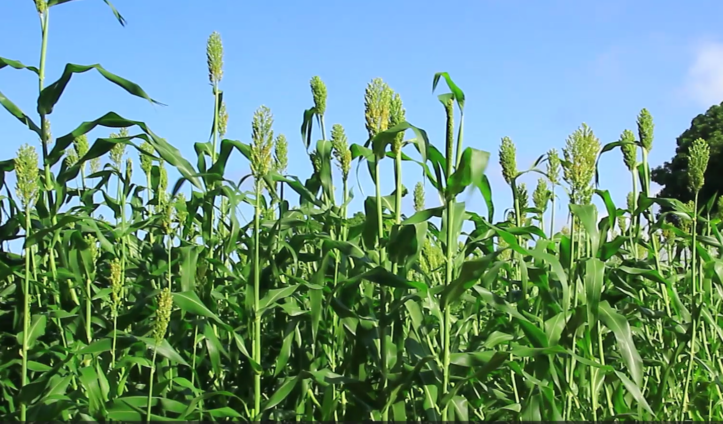
Audio By Carbonatix
Crops like maize and rice have received significant government and donor funding for breeding foundation seeds for multiplication.
However, sorghum seed production has not received the necessary attention to ensure improved foundation seed is always available for the manufacture of certified seeds for farmer use.
The crop is currently receiving a boost to increase production in the Upper East Region.
"We are coming up with foundation seeds of Kapaala and Dorado for farmers to take up of identified some certified seeds growers," Dr. Peter Asungre, a plant breeder at SARI.
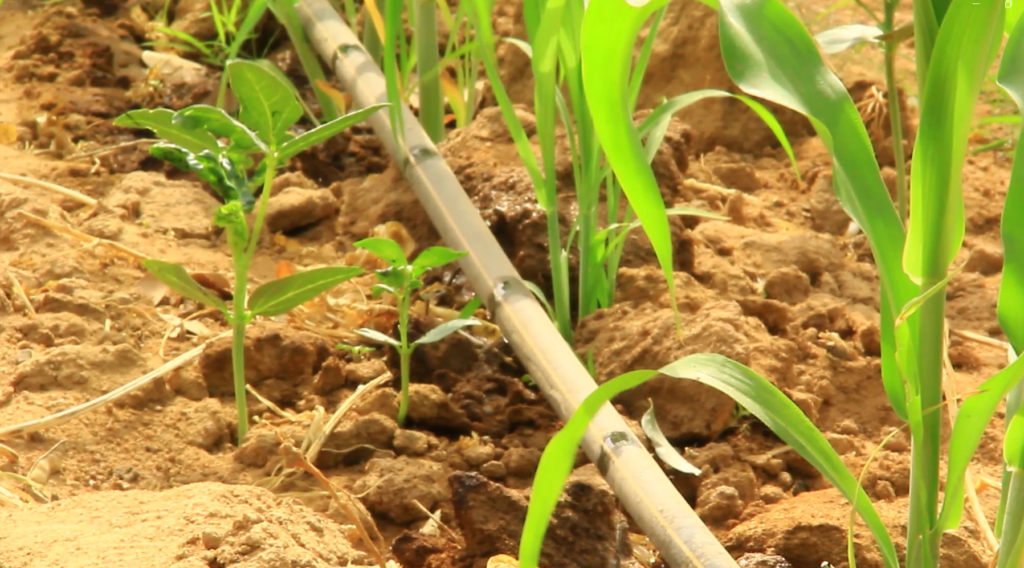
The production of two foundation seeds, Kapaala and Dorado, at the Savannah Agriculture Research Institute of the Council for Scientific and Industrial Research at the Manga station in Bawku, will enable farmers to produce certified seed for commercial uses.
Certified seed is the progeny of foundation seed and its production is supervised and approved by certification agencies. This is the commercial seed which is available to the farmers and its genetic purity should be 99 percent.
2SCALE collaborates with Faranaya Agribusiness in the sorghum value chain by developing inclusive agribusiness clusters based around the firm to constantly source sorghum from smallholder farmers.
When the need arose in 2021 during a structural management meeting to make accessible enhanced sorghum seeds in order to meet the partnership's aim of sourcing enough sorghum from farmers, the sub-sector method of upgrading sorghum value chain was raised.
"So when we get the foundation seed the farmers will pick up, grow and we get certified seeds for the coming rainy season. So what we do we take advantage of the dry season to produce the seeds and then farmers will also take their advantage and also produce along the rivers. We have to try to introduce drip irrigation to it because dry season at this environment you will not get water," Dr. Peter stated.
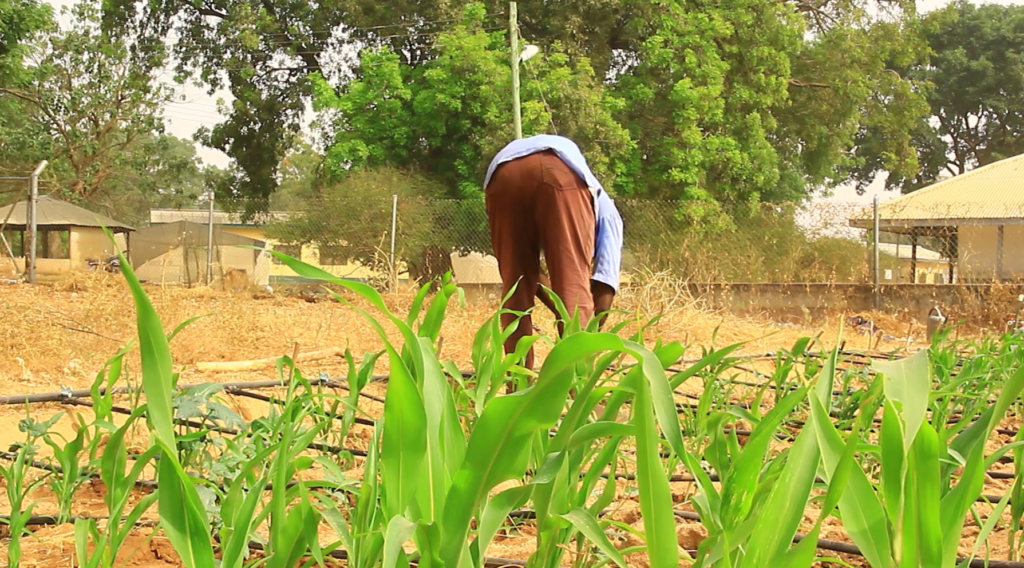
Sorghum is not only healthy and nutritious, but has a reasonably good drought tolerance. While sorghum production is increasing, it is one of the crops with the least assistance in terms of research and development, which is impeding its growth.
In comparison to maize and rice, which have better seeds produced virtually every year, sorghum has not seen the introduction of enhanced varieties in the past five years.
Because of the difficulty in obtaining foundation seed for multiplication during the 2020 production season, Faranaya and 2SCALE nearly abandoned an activity in the annual action plan to boost sorghum seed production.
Farmers have been using their own seed for many years.
According to Dr. Asungre, the repeated usage of seed has contributed to lower yields and farmers' inability to become climate aware. This is due to the fact that present seed has a long gestation time, whereas rainfall patterns in sorghum producing areas are growing shorter.
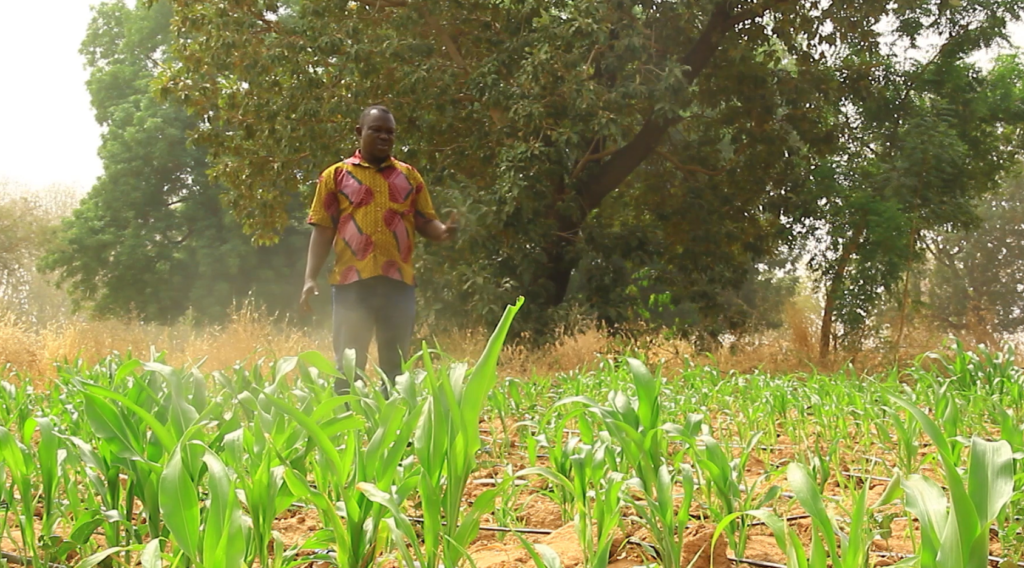
Poor quality seeds are unable to use other variables such as water and nutrients that plants require to enhance yields. As a result, there will be less sorghum available, and hence less money for farmers.
According to the plant breeder, the decision to invest in sorghum seeds is timely, given the crop's growth and growing demand, which necessitates greater efforts aimed at raising production to satisfy the rising need.
As a result, the commodity's producers have shifted from subsistence to commercial production, making it one of the few staple crops with a commercial emphasis.
"This is calling for more efforts targeted at increasing production to meet the rising demand. The decision by GGL to source sorghum from farmers in Ghana has made sorghum one of the sought after commodities. This has made the producers of the commodity to shift from subsistance production to commercial production, making it one of the few staples crops with commercial orientation.
While the production of sorghum is growing, it is one of the crops with the least support in terms of research and development, which is hampering the improvement of its production," he said.
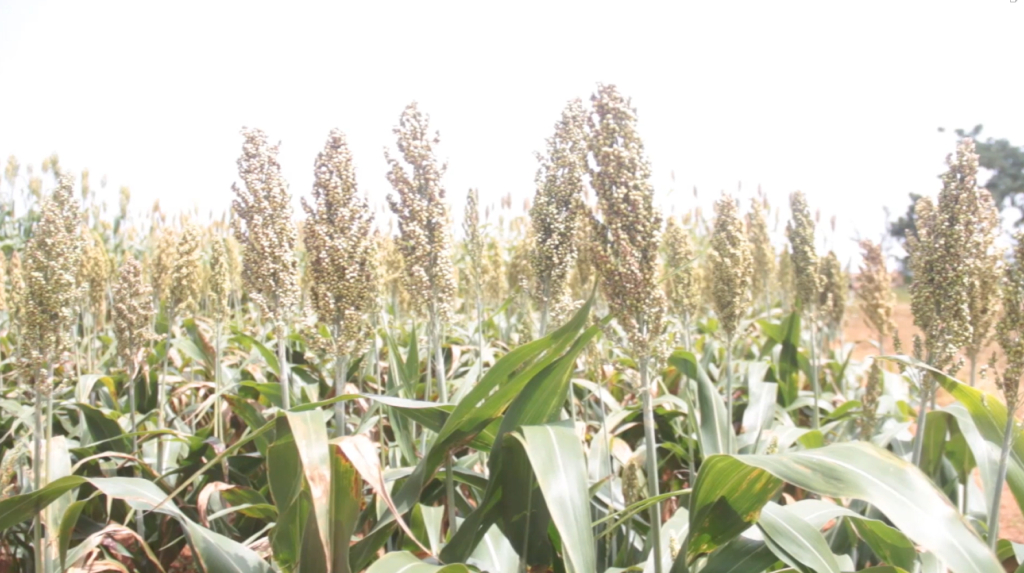
Water scarcity is growing more significant as global climate change and related issues worsen.
Agriculture development is inextricably linked to water resources, and its long-term viability is under threat.
For a long period, one-third of the world's arable land has been in drought or semi-drought. Drought has become a worldwide issue and a huge agricultural disaster.
Drought-related production losses outnumber all other environmental causes combined. This problem threatens a quarter of the world's population, the majority of whom live in developing African and Asian countries.
Sorghum is a cereal crop that is an important source of food, feed, and fodder for the developing world's semi-arid tropical regions. It is one of the top six cereal crops, providing a staple diet for over 250 million people in semi-arid tropic and dryland areas of South Asia and Africa.
Sorghum is also considered a climate-smart crop because of its great resistance to heat (up to 42°C air temperature), drought, and salinity.
Latest Stories
-
An open letter to H.E. John Dramani Mahama: The audacity of the third shift
26 minutes -
A new era of healthcare dawns in Kintampo: Mary Queen of Love Medical Hospital opens its doors
1 hour -
NDC gov’t has demonstrated strong fiscal discipline – Abdulai Alhassan
1 hour -
Heavily armed Burkinabè soldiers arrested in Ghana
1 hour -
Tamale Chief commends IGP Special Operations Team for crime reduction efforts
2 hours -
None of NPP’s 5 flagbearer aspirants is credible – Abdulai Alhassan
2 hours -
Police arrest suspect for unlawful possession and attempted sale of firearm
4 hours -
3 arrested in connection with Tema robberies
4 hours -
Your mouth on weed is nothing to smile about
4 hours -
25% university fees hike, what was the plan all along? — Kristy Sakyi queries
6 hours -
Some OMCs reduce fuel prices; petrol going for GH¢10.86, diesel GH¢11.96
6 hours -
Trump says health is ‘perfect’ amid ageing concerns
6 hours -
China’s BYD set to overtake Tesla as world’s top EV seller
6 hours -
Joy FM’s iconic 90’s Jam returns tonight: Bigger, better, and packed with nostalgia
7 hours -
Uproar as UG fees skyrocket by over 25% for 2025/2026 academic year
8 hours

